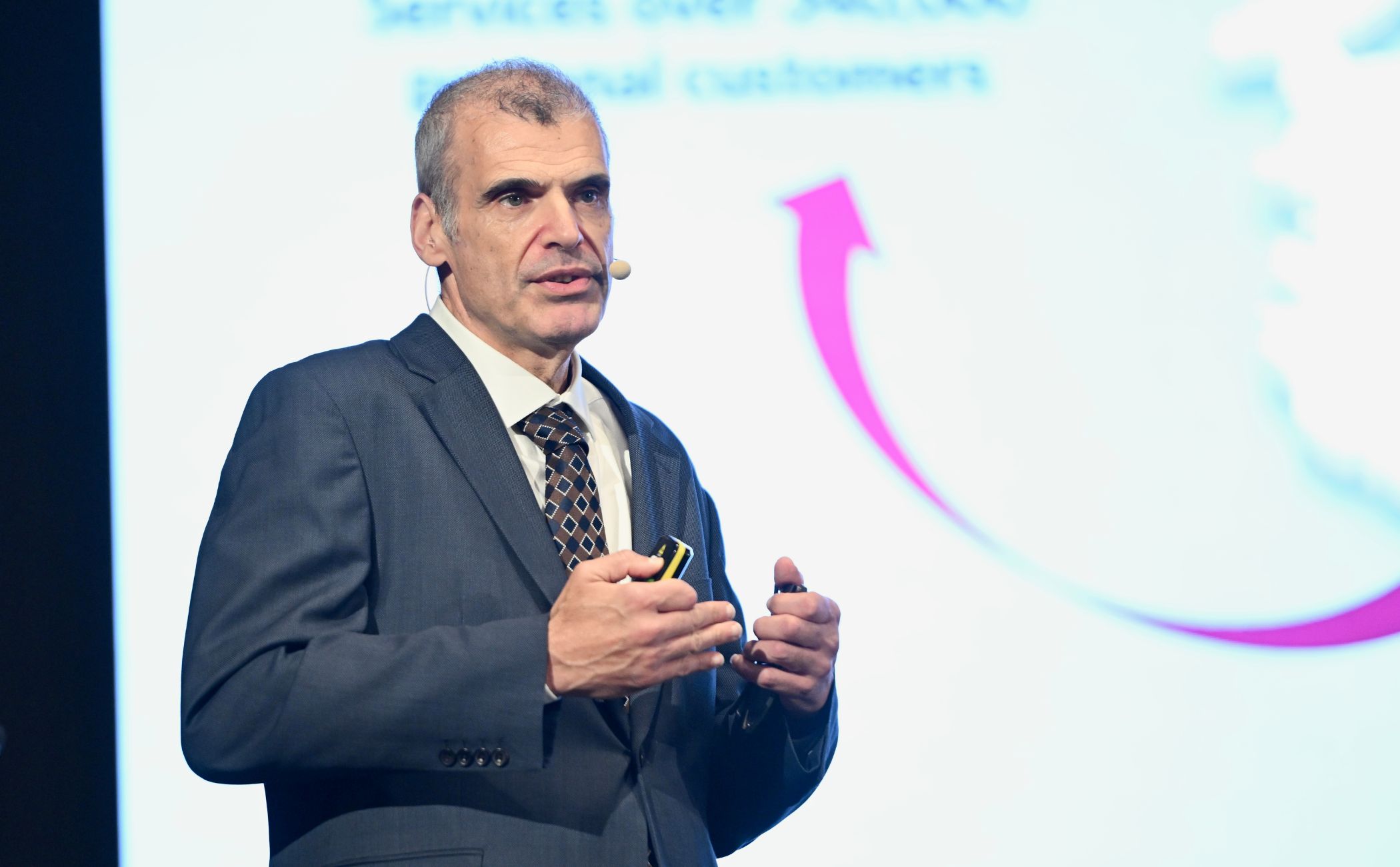During one of PwC Malta’s ‘LinkedIn Live’ sessions, Director in Advisory Claudine Attard highlighted that in today’s workforce, companies are “prioritising skills and competencies rather than traditional degrees or candidates’ job history and profile.”
Moderated by PwC’s Manager within Digital Services, Claudette Camilleri, Ms Attard along with the Director of PwC Academy Pamela Mamo emphasised that in terms of workforce skills, companies are witnessing a “skills revolution.”
“This is being driven by a number of factors, primarily by the shortages in the labour market and the struggles that businesses are facing in trying to find talent,” Ms Attard shared.
Furthermore, she noted that there is a dynamic in the market where new jobs are being created while others are becoming more redundant, “as a result of green and digital transitions.”
Answering whether this approach has been implemented locally, Ms Attard noted that while companies have not applied this strategy to the full extent across the employee’s life cycle, they “are definitely seeing more focus on competency.”
Both Ms Attard and Ms Mamo highlighted that the transition to a skills-based organisation enables companies to widen their talent pool and that this is further enabled through technology.
“This approach is being seen across different parts of the employee life cycle. For example, when starting off from recruitment, companies are assessing candidates on the basis of skills rather than how they are obtaining their skills,” Ms Attard commented.
Additionally, they highlighted that when fostering such an approach companies can focus on targeting skills to attract employees to different roles, through learning and adapting depending on company needs.
“Companies are developing their own competency framework which essentially defines the skills, knowledge, abilities and personal attributes that employees need to have for a particular role,” she commented.
Subsequently, frameworks help develop company culture linking the employee to the organisation’s values.
Overall, she highlighted that companies are moving from a more rigid structure, where people filled roles according to their skillset, to a more fluid approach, where employees have the opportunity to tap into other areas of the company.
“In turn, this proves to be beneficial for the company because it gives it more flexibility and agility in meeting its needs,” she added.
Both agreed that in terms of the skills approach, companies need to think about the future.
Asked what changes are to be expected within learning and development to be able to support a skill-based organisation, Ms Mamo expressed her belief that companies will be more proactive rather than reactive.
“I think with the speed that a skill is becoming redundant, learning and development will face a challenge. One cannot remain in a reactive role where a business unit will tell you that a skill needs to be outsourced or training to be supplied,” she said.
Ms Mamo commented that by the time the company adjusts to the skill it might require, it might already become redundant.
Therefore, companies are expected to move towards a proactive approach where the employee has the autonomy to gather the learning that is required and be more flexible.
Alison Micallef takes on CEO duties at Malta Development Bank
The news comes as Paul V. Azzopardi, who led the institution for five years, retires.
Moneybase strengthens board with appointment of banking veteran, Mark Watkinson
He brings nearly four decades of experience in the financial services sector including serving as CEO of HSBC Malta Ltd.
‘Our commitment remains steadfast’ – BOV Chairperson Gordon Cordina
He stresses that BOV’s future growth will be supported by ambitious digitalisation efforts, robust risk and compliance integration, and the ...
STMicroelectronics’ Anton Hofmeister highlights new phase of Singapore lab-in-fab collaboration
The initiative focuses on developing environmentally friendly, lead-free piezoelectric materials and creating miniaturised, cost-effective sensors and actuators.









